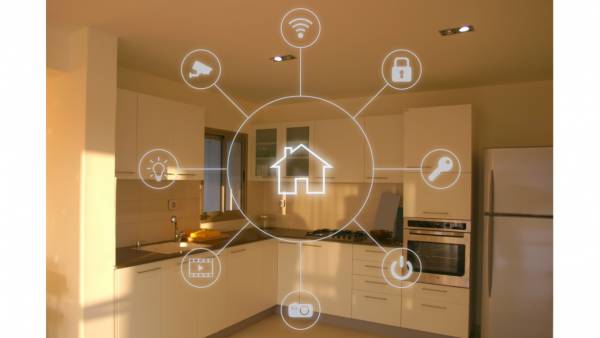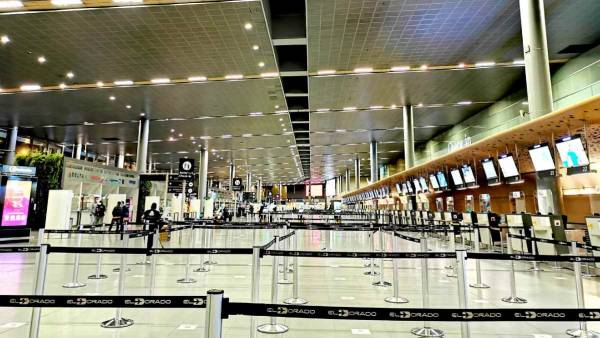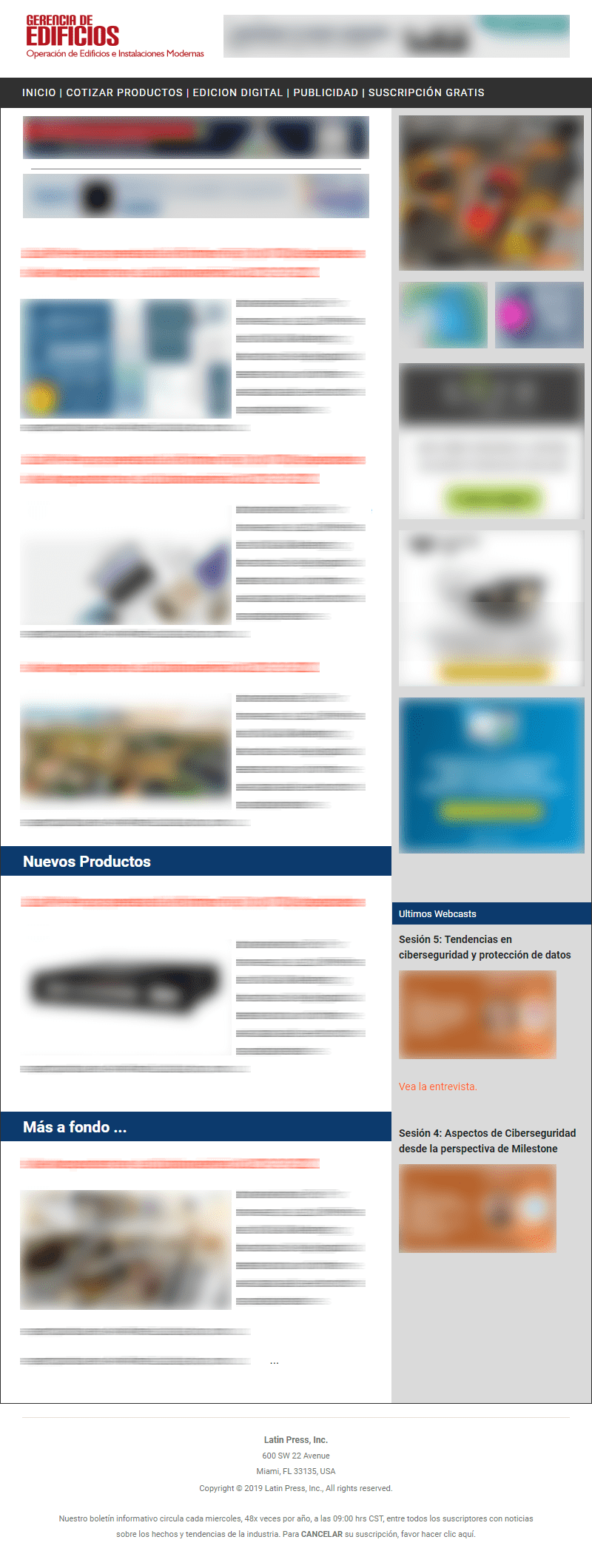Latin America. Today, commercial real estate management has become a complex process, where multiple factors influence the success of a building or office complex.
Informed decision-making has become critical, and for this, it is necessary to consider certain key performance indicators (KPIs). In this sense, JLL multinational real estate shares three metrics that have become real disruptors of traditional KPIs in the commercial real estate sector: net operating income (NOI), rent growth and capital expenditures (CapEx).
Tenant Satisfaction: A Drive for Success
First, it's essential to highlight how tenant satisfaction can have a direct impact on increasing net operating income (NOI). Having real-time data on tenant preferences and behavior has become crucial to making informed decisions. Using this information appropriately can lead to decisions that improve tenant satisfaction and consequently increase NOI.
"Tenant satisfaction influences several aspects that impact NOI. Satisfied tenants tend to renew their leases, ensuring a stable and predictable income inflow. In addition, they reduce the vacancy rate, decreasing the costs associated with finding new tenants," JLL noted.
Likewise, satisfied tenants can become ambassadors for the building, reducing marketing expenses and supporting higher rental prices. Their property care also reduces maintenance and repair costs. Finally, they are willing to accept reasonable increases in rent if they feel that services and maintenance justify such an increase.
Energy Efficiency & Higher Rents
Another relevant aspect in modern property management is energy consumption and its impact on rent growth. Controlling and optimizing a building's energy consumption can reduce operating expenses (OpEx) and increase rents. Investors have become aware that green strategies can attract more occupancy and increase property values. "Energy-efficient buildings are more attractive to tenants, both because of their concern for the environment and the opportunity to reduce utility costs. This makes it possible to offer higher rents and increase the total value of the property," said JLL.
Preventive Maintenance: Capital Expenditure Savings
Finally, preventative maintenance plays a vital role in modern property management and has a direct impact on capital expenditures (CapEx). A well-implemented preventative maintenance program allows inefficiencies in the building to be detected before they become serious problems. This extends the life of building systems and reduces the capital costs associated with upgrading or replacing such systems. In addition, regular maintenance prevents unexpected repairs and replacements, resulting in significant savings on CapEx expenses.
The Role of Facility Management
These three metrics—tenant satisfaction, energy efficiency, and preventative maintenance—are critical to modern property management. Its monitoring and correct implementation can have a positive impact on the performance of buildings and position them at a higher level in the market. It is crucial to have specialized teams in management and administration of facilities, known as Facility Management, highly trained to achieve compliance with these parameters. JLL's Facility Management team has specialists in all areas to help businesses, industries and all types of facilities achieve these goals and thrive in modern property management.
In short, commercial property management has evolved towards a more focused approach to tenant satisfaction, energy efficiency, and preventative maintenance. These key metrics are redefining the industry and offer significant opportunities for owners and investors seeking greater success in the marketplace.



























Leave your comment